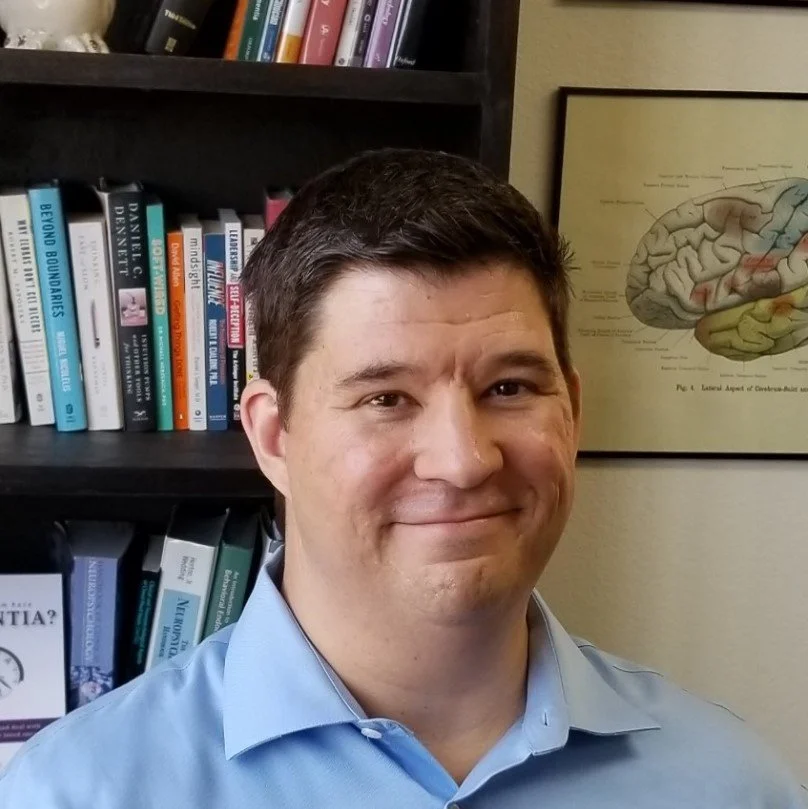When Will I Recover From My Brain Injury or Concussion?
Neuropsychological Assessment Can Help
A concussion is type of brain injury. Although sometimes it is characterized as a mild brain injury, for those who experience it you probably know that it can cause serious issues, from trouble concentrating to sensitivity to light or sound to emotional distress or extreme exhaustion.
Recovery from brain injuries, including concussion, can be a complex process that takes time. However, during recovery it is important to take symptoms seriously, identify what is triggering them, and create a plan to lessen them. Especially if your recovery is taking longer than your physician told you, it can be important to meet with a provider who specializes in understanding brain injury.
If you are concerned about your recovery from a concussion or brain injury, feel free to call us to arrange an appointment. Scroll down to read how neuropsychological assessments work.
What Are the Three Phases of Recovery From a Concussion?
Explore This and What You Can Do to Support Your Brain
Concussions and brain injuries are actually quite common, with over 2 million occurring in the United States yearly. However, it still remains poorly identified. For example, many do not know that a concussion does not require a loss of consciousness. Instead, any type of injury to the head, be it a hit, bump, or even whiplash, can cause the disruption in brain functioning that qualifies as a concussion. Common symptoms of concussion can include ongoing confusion, concentration problems, memory lapses, anger, and mood difficulties, among others.
Luckily our brains can recover from a concussion and even with more significant brain injuries improvement will occur and can be encouraged. Having a neuropsychologist to guide you through the process can always be helpful to suggest recovery strategies and to reduce anxiety.
Here at Insight Neuropsychology, Dr. Lande has a background of having trained in the Department of Physical Medicine and Rehabilitation at UC Davis Medical Center in Sacramento. Where He was then the neuropsychologist for Rehabilitation Institute at Santa Barbara (RISB), an independent acute rehabilitation hospital, where he treated patients with conditions that included brain injury, stroke, tumors, and other illnesses, for a number of years before starting Insight Neuropsychology. His team of psychologists at Insight Neuropsychology are experts in these issues.
If you are concerned about changes in your ability to think, to remember, or to concentrate, it is important to seek professional help.
Click below to learn about the three stages of concussion recovery, as well as information about the process of neuropsychological assessment. Remember the first step is learn if anything is happening.
-
For all of these phases, there is no set timetable as individual differences and the injury itself will cause variations. Instead, consider these as general guidelines.
1. Acute Symptoms Phase
This phase is brief, usually less than three days. It includes the immediate experience at the time of injury, through what are usually your maximum symptoms.
During this first day or two, rest is very important. After the first couple of days though you should start to return to light thinking activities (watching television, listening to music, reading for pleasure or short amounts of schoolwork) and light physical activity (short walks or activities around the home).
During this phase, notice what makes your symptoms worse, and try to avoid or limit those triggers or activities. Adequate restful sleep is important in this phase.
If you experience increasing difficulties, like worsening confusion, difficulty staying awake, ongoing vomiting, convulsions, increasing headache or neck pain, or increasing feelings of agitation you should go to the emergency room to be checked out.
2. Recovery Phase
During this phase acute symptoms are decreasing and you will be able to start engaging in more intense activities without your symptoms worsening. Eventually your symptoms should resolve.
Limited exercise, such as walking, may be beneficial. Continue to identify triggers of symptoms and try to reduce these.
3. Recovered Phase
This is the phase in which you are now recovered. The goal now is to identify and treat other issues, such as neck injury causing neck pain, or sleep difficulties affecting focus.
Age is an important factor in determining the timing of recovery. Most people over age 18 recover in about two weeks. In comparison, normal recovery in children 18 and younger is about 30 days.
There are people who continue to experience difficulties that can extend long past these timelines. In these cases their conditions is often characterized as post-concussive disorder.
An early diagnosis of concussion can help clarify what is happening to you and can reduce anxiety, as your clinician can help normalize your experience by explaining what you are likely to go through.
Please remember, the information provided on this page is not a substitute for appropriate care from a specialist.
-
• An assessment of your thinking skills, including a clinical interview and examination of your attention, speed of information processing, executive functions, learning and memory, language skills, and visuospatial skills.
• It assists with diagnosis and provides a clear picture of your general strengths and weaknesses and the changes that can occur as a result of brain injury or illness.
• It provides in-depth, patient-friendly reports reviewed with you.
-
In most cases, insurance will reimburse for neuropsychological assessment. It is important to check with your particular insurance provider to verify this.
At Insight Neuropsychology we are Medicare providers. Please note, Medicare does not require a physician referral to make an appointment.
Contact Us at (805) 988-6197 or
info@insightneuropsychology.com
We serve Ventura, Los Angeles, and Santa Barbara Counties, with offices in each location.
Our Camarillo Office
1200 Paseo Camarillo, Suite 245
Camarillo, CA 93010




